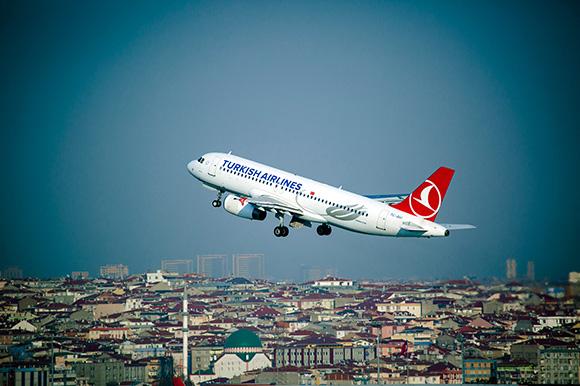
Turkish Airlines, rather than adding too many new routes, is emphasizing growing traffic from existing markets and returning to those markets to which it has still not resumed service, according to Chairman Ahmet Bolat.
“For example in China, which is a huge market, we will go back whenever it is fully open again,” Bolat told the Aviation Week Network.
The same is true for India, where Turkish Airlines cooperates with full-service airline Air India and LCC IndiGo. Codeshare flights have resumed with both airlines following the COVID-19 pandemic.
“Thus, we are now again able to provide more flexibility of choice to our passengers on sectors between Istanbul (IST) and India, amongst other [destinations],” Bolat said. “We are working together to further enhance our cooperation with IndiGo and to bring it to a new level.”
Regarding the upcoming winter season, the challenge for Turkish Airlines is to have enough aircraft available as demand remains strong, he added.
Several aviation analysts expect Europe will see more airline bankruptcies this winter, especially in the eastern part of the continent. Some airlines were financially supported by governments during the pandemic, but are facing challenges with that support no longer available. “This support [falling away] has created a lot of uncertainty,” Bolat said.
But the chairman does not see any fundamental market-wide conditions that would cause a large number of European carriers to go out of business. “There is already enough demand—there is a shortage of aircraft, of pilots and some shortages on the services, [but] I don’t see any basic reason why an airline should go bankrupt,” he said.
However, some local airlines in Turkey are having difficulties, notably charter carriers. Bolat asserted that these carriers unnecessarily lowered their fares and now are having difficulties in repaying their debts.
Meanwhile, commenting on the news that fellow Star Alliance member United Airlines has entered into a codeshare partnership with Emirates Airline and is considering forming a joint venture with the Dubai-based carrier, Bolat said: “It will be an interesting example, demonstrating some other ways to cooperate in the airline industry.”
